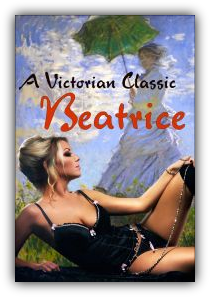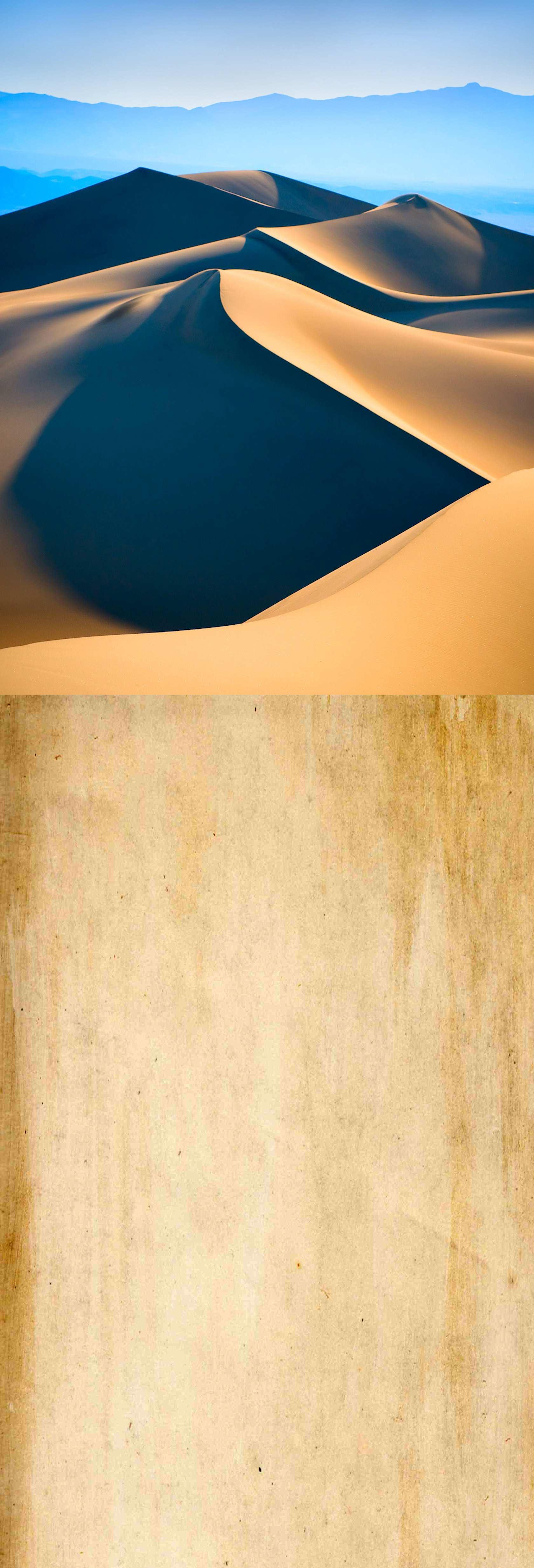
The Sahara
- austere, beautiful, and dangerous
- austere, beautiful, and dangerous

Greg Armstrong is an oilfield engineer in Tabriz, a North African country which is mostly desert. He lives in the town of Sabah, a sea port that looks out on the beautiful waters of the Mediterranean.
Not everything is beautiful in Sabah, as Greg starts to discover when he accidentally witnesses a covert military operation. His life is normally complicated enough by the demands of living and working under a ramshackle, oppressive State, but now the dark underworld of international terrorism begins to enfold him. Only the strange expatriate community of Sabah stands between him and the Security police.
Not everything is beautiful in Sabah, as Greg starts to discover when he accidentally witnesses a covert military operation. His life is normally complicated enough by the demands of living and working under a ramshackle, oppressive State, but now the dark underworld of international terrorism begins to enfold him. Only the strange expatriate community of Sabah stands between him and the Security police.

Vast government contracts were on offer, all designed by the same foreign engineering companies that would bid on them.
Of course, the foreign companies wanted BIG projects, the bigger the better. The local government had money, but very little else. It lacked experience, engineers, accountants, administrators - in short, everyone. We used to joke the only positions open to local workers were night watchmen, drivers and managing directors.
Of course, the foreign companies wanted BIG projects, the bigger the better. The local government had money, but very little else. It lacked experience, engineers, accountants, administrators - in short, everyone. We used to joke the only positions open to local workers were night watchmen, drivers and managing directors.
Of course, the country became a by-word for wicked waste and corruption. By the time we arrived, things had changed. Money was still flowing from the oil wells, but there were so many other things to spend it on. In an effort to strut the international stage, the government had become an ardent supporter of crazy terrorist causes. Worse than that - in the eyes of the USA at least - they had nationalised all the foreign oil companies and were managing production themselves.
The big construction companies left town, usually without part of their payment for work done. Most of the resident foreign experts had gone too, as there was no longer money to be made. The government attempted to fill the gap by recruiting cheap substitute labour from Eastern Europe. Not bad people, but what could they achieve under the wretched management that the government provided?
Living in Tabriz was not easy. It was a time of increasing political and economic isolation, a time of food shortages and black market money. Foreigners and their skills were necessary, but there was no place for them in Tabrizi society. In practice, their legal rights extended only as far as the local bureaucrats and policemen permitted. Most of those people were, a tad
The big construction companies left town, usually without part of their payment for work done. Most of the resident foreign experts had gone too, as there was no longer money to be made. The government attempted to fill the gap by recruiting cheap substitute labour from Eastern Europe. Not bad people, but what could they achieve under the wretched management that the government provided?
Living in Tabriz was not easy. It was a time of increasing political and economic isolation, a time of food shortages and black market money. Foreigners and their skills were necessary, but there was no place for them in Tabrizi society. In practice, their legal rights extended only as far as the local bureaucrats and policemen permitted. Most of those people were, a tad
challenged educationally, and had a whimsical attitude to their jobs. The result was that foreigners never knew where they stood. When they approached one of the many police check points, they would probably get through, and they would probably have their car with them. But maybe not.
Fortunately, most Tabrizis were inclined to be friendly, and life continued, more or less. On the plus
Fortunately, most Tabrizis were inclined to be friendly, and life continued, more or less. On the plus
side, we were living on the wonderful Mediterranean coast and could lie on the beach every summer Friday.The North African coast is dripping with history, right from the earliest Stone Age through to the Ottomans. Most of the relics are Romano-Greek, not Arabic, and have little attraction for the locals. Meaning that they are just there, ready for anyone to explore.
And then there is the Sahara. Very few kilometres south of the coastal strip, lies the endless desert. It is austere, dangerous, and beautiful. Avoiding the paranoia of the security services, foreigners would take every opportunity to enjoy its vast emptiness. Once it has a hold on you, you cannot forget.
For all that, we remember Tabriz mostly for the people we lived with, usually foreigners. The various insanities of daily life, and the dangers under the surface, brought people together in a way that is hard for outsiders to understand.
I am sure old hands from Tabriz will recognise the life style immediately, and I dare say they will be searching between the lines for characters they knew. They will be wasting their time. No matter how real the background will be to them, they will not find their friends (or enemies). My characters and their doings are a mish-mashes of reality and imagination, with imagination playing the major part.
And they will certainly search in vain if they are looking for real life spies and terrorists. On some subjects, my lips are sealed...
I am sure old hands from Tabriz will recognise the life style immediately, and I dare say they will be searching between the lines for characters they knew. They will be wasting their time. No matter how real the background will be to them, they will not find their friends (or enemies). My characters and their doings are a mish-mashes of reality and imagination, with imagination playing the major part.
And they will certainly search in vain if they are looking for real life spies and terrorists. On some subjects, my lips are sealed...
Sahara, and loving it
A long time ago, we moved from the civilised luxury of Milano to work in a Tabrizi seaport. This came as a shock. We were used to living and working in some Middle Eastern countries, but what we found there was a beleagured island of westernised development that was slowly decaying into chaos.
The government - such as it was - had come to power by revolution. Initially the country's oil wealth was taken from the pockets of multinational companies and wealthy locals, and spent on grandiose development projects to benefit the community. To meet the pressing demand for housing, towns were expanded with towering apartment complexes, and modern roads and bridges. Those were heady days for theAmerican and European construction companies.
A long time ago, we moved from the civilised luxury of Milano to work in a Tabrizi seaport. This came as a shock. We were used to living and working in some Middle Eastern countries, but what we found there was a beleagured island of westernised development that was slowly decaying into chaos.
The government - such as it was - had come to power by revolution. Initially the country's oil wealth was taken from the pockets of multinational companies and wealthy locals, and spent on grandiose development projects to benefit the community. To meet the pressing demand for housing, towns were expanded with towering apartment complexes, and modern roads and bridges. Those were heady days for theAmerican and European construction companies.
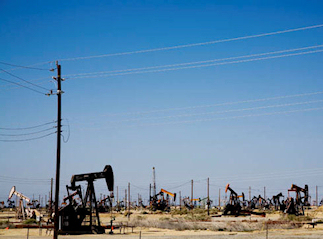
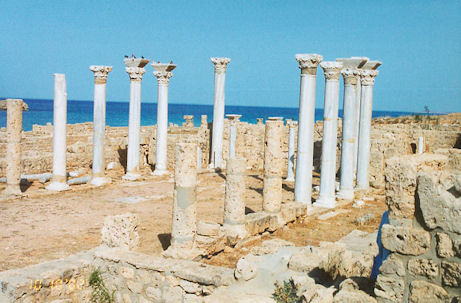
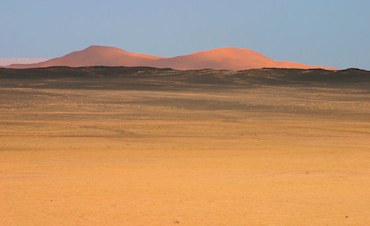
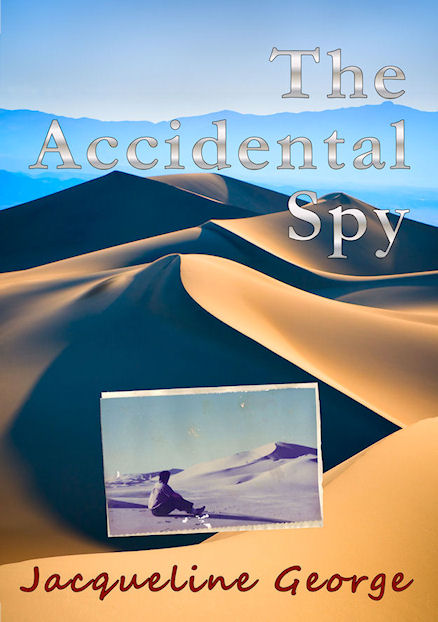

An Absorbing Tale
A tangled web of espionage and intrigue played out against the gritty background of the Tabrizi oil fields. The author employs her intimate knowledge of North Africa and the Mediterranean to weave an absorbing tale with more than its share of suspense and chicanery in exotic locations.
I was fascinated by the descriptions of life in the antediluvian world of Tabriz, and the variety of characters drawn to work in this bizarre domain.
John Singe, author of My Island Home
A tangled web of espionage and intrigue played out against the gritty background of the Tabrizi oil fields. The author employs her intimate knowledge of North Africa and the Mediterranean to weave an absorbing tale with more than its share of suspense and chicanery in exotic locations.
I was fascinated by the descriptions of life in the antediluvian world of Tabriz, and the variety of characters drawn to work in this bizarre domain.
John Singe, author of My Island Home
Greg has been stopped at the airport by the Security Police and needs help...
Again he had no way of telling how long he had waited before the door opened. It seemed a short time, too short to have brought Major Jamal from his home but there he was, his large frame filling the doorway. With him was Captain Zella. They burst into the room bringing noise and light. The Virgin felt a wave of relief. “Mr Cartwright! How are you? Kefahlik! Did you have a good trip to London? How is your family?” Major Jamal was reaching out a rescuing hand and The Virgin shook it gratefully. He even felt benign towards Captain Zella as he shook hands. The Major took the throne behind the desk and Captain Zella sat opposite him.
“Major Jamal, I’m awfully sorry to have called you, but I’ve got a bit of trouble. It’s just that when I was flying out to London I bought a magazine. One with girls in it. And I forgot to throw it away and it’s still in my bag. So now Customs are upset and I needed some-one to speak for me and I thought of you, if you don’t mind. I need your help.”
Major Jamal seemed to think The Virgin was being far too hasty. “Did they give you tea? Or coffee? How do you like your coffee? I will call for some.”
As he went to the door, Captain Zella spoke in a low voice. “It is a serious thing, what you have done. This is strictly illegal in Tabriz. To bring in pornography is a very serious thing.”
“Er - yes. I know. I mean, I didn’t want to do it. It was an accident.”
“That is not important. What is important is that you have a very bad magazine. It is non-Islamic. Do you understand that it is a big problem?”
“Oh Jesus, yes! I wish I had never seen the damn thing. I haven’t read it anyway. And I certainly wouldn’t risk bringing it into Tabriz if I hadn’t forgotten about it. But can you help me? Do you know what they will do?” Captain Zella was expressionless. He seemed to be much less of a saving angel than the Major. The Virgin refused to think of what might be going through his mind, how he would be thinking of the opportunity that The Virgin’s slip-up had given him, how the lever could be used in the future.
Major Jamal came back leading a porter with a tray of coffee cups and Captain Zella slipped back into silence. The coffee was sweet and heavenly.
Major Jamal sipped delicately and started to question him. “How was London? Did you have your meeting with your manager?”
“Oh yes. He wanted to talk about Russia. It’s getting very busy and they want to send me there. To Siberia. From the Sahara to Siberia.”
“Really? When will they send you?”
“Oh, probably never. We’re always making plans that don’t turn into anything. But we’ve got to be ready, just in case. It won’t be for at least a couple of months anyway.”
“And did you get any news about our order of solvent?”
“I’m sorry. I was so busy I didn’t even telephone the supplier. I’ll have to get after that first thing on Monday.”
“I see. So what else did you do in London?”
“Well, I met a friend and we spent some time together. You know, shopping, going out, that sort of thing. I was only in London one day really. I spent most of Friday in the office hanging around, so it didn’t leave much time.”
“I tried to call you at your hotel. I wanted you to bring me some shirts from Gieves and Hawkes, but you weren’t there.”
“Ah - yes. I didn’t stay where I was going to stay. My friend didn’t like that hotel so we went to the Holiday Inn instead.”
“Oh. You stayed with your friend in a hotel?”
“Well, yes. It was a girl friend, you see, and she had stayed at the Rutland before and she was afraid they might recognise her.”
“Ah. I see. That sort of friend. The one who sent you the card and souvenir of her affection in your brief-case?”
The Virgin felt himself colouring. “That’s right. Look, Major Jamal, I’m awfully sorry about what happened. It was so stupid of me. Would it be possible for you to talk to some-one about it?” He was on the verge of offering to pay for his error but Major Jamal seemed too grand for that.
“Perhaps I can help. If everything is as you say, I will speak to the officer in charge now. Perhaps he will let you leave if you give me your parole. I know him; he is an old friend.”
The request for parole dropped the whole affair another notch into unreality. How seriously was The Virgin meant to take the situation? A pledge on his honour as an English gentleman? It was absurd. He decided to play along.
“I would be very grateful if you could sort it out. Anything you need from me to help, just ask.”
“Good. Come with me and we will fetch your bags.”
His luggage was still on the desk outside. His hold-all lay open and had been clumsily re-stuffed. His wallet, keys and passport lay beside it. He followed the Major and Captain Zella out into the evening. He was free again; it had been that easy.
The Major was full of himself. “You will come home in our car. There is no need for friends to take taxis.”
“But I have my car here.”
“No problem. Then you can give me a lift instead. Captain Zella can drive our car.” He gave Zella some quick instructions in Arabic and they left him, still silent and morose.
Major Jamal relaxed in the car. Sitting back with his legs stretched out, it was difficult to be suspicious of him. “Captain Zella is a very serious man,” ventured The Virgin.
“Ah, yes. He is serious. He is one of the new men who came up with the Revolution. There are many people like him now. All very serious, but not educated. His father was a poor man, you know. A baker. He had a small shop, one of the very small stalls you used to see before the Committees made them illegal. This man had his shop just outside the gates of the Muharraq army barracks, when the Great Man was stationed there. He used to like sweet cakes - he still does, that’s why he is so fat - and he would spend his spare money with the baker. So, come the Revolution and suddenly the baker is a big man. That’s how it was in Tabriz in those times. People from the streets were made into big men, and all the old families lost everything. All their money, their businesses, farms, everything.” He was looking out into the darkness and remembering.
“Our family was stripped. The Committees took all we had. I made myself very small and shouted for the Revolution with the rest of them. What else could I do? If I couldn’t live with the Great Man, I would lose my job and probably my head as well. So I sat on the Committees and helped him as well as I could. He knew me from before, of course. We served together. The Royal Tabriz Scouts, that’s what our regiment used to be called. We were the old King’s favourite troops. We had a small Camel Corps then, and a little Air Force. A few patrol boats for the Navy, that was all Tabriz needed. But we were the cream. We had English and Tabrizi officers, you know. All trained in Sandhurst. The Scouts would march past on the King’s birthday and His Majesty would stand up straight and salute us - those were good times. A soldier was a proud man then. Afterwards, we all had to be politicians and play dirty games.
“Look at the soldiers now. Rubbish. Sons of street sweepers. Dirty, poor, ignorant rubbish. They don’t want to be there and the Army doesn’t want them either. All the good families pay a little money and their sons don’t have to join the Army. They can go to University in Moscow or Czechoslovakia instead. Before I used to have proud men from the desert, and Sudanese who stood up straight and did just what they were ordered to do. If I had told them to lie down in front of this car, they would have done it. They would die for their King and be proud of it. Now, I can’t even give the simplest order without dirty sons of Egyptian prostitutes coming to discuss it with me.
“The officers we have now are just politicians. Captain Zella! He should be minding his father’s old shop. That would be more suitable for him. He would shit himself if he ever heard a gun fired in anger. And I have to drag him around because he is a revolutionary and they still don’t believe I am. He watches me and reports back. All this time, and they still don’t trust me.
“Maybe it will be better one day. Maybe. Perhaps the Great Man will retire before some-one helps him do it, and we can have a proper Army again. Too late for me. I’m getting old and this business of Security, it makes you old very quickly. Were you in the Army, Mr Cartwright?”
“Me? No, never. They’d finished conscription long before I was old enough and I went to University and then joined the oil business. Was Sabah very different before the Revolution?”
“Oh, Sabah was a good place then. People used to come here for their holidays. That is hard to believe, isn’t it? It was a tourist resort. Italians, Greeks, English of course, rich Lebanese, they would all come here and enjoy the restaurants and the casino. We had rich men’s boats in the harbour, and you could sit in the cafes on the pavement and drink wine with your pasta, and watch the girls go by. Ah, it was like the Riviera, believe me. We could go to those cafes also. The good families mixed with the foreigners, we lived just as they did. You would have enjoyed yourself. You wouldn’t have to go all the way to London to find a girl-friend then.
“What was your friend’s name?”
They were back to reality with a bump. “Er - Elena.”
“What does she do, this Elena?”
“She works in a travel agency. She had a cheap ticket to Crete and we sat next to each other on the flight to London. Bloody idiot!” He swerved to avoid a taxi pick-up that had decided to stop in the middle of the road.
Major Jamal was watching him. “You didn’t know her before?”
“Well, no.”
“And she came to stay with you in the hotel?”
“Yes; but she’s a nice girl. Not - um, you know what I mean - not doing it for money. I’d like to see her again. Perhaps we can go to Greece together.”
“Ah-ha, Mr Cartwright! I believe you have fallen in love! And so quickly. She must be very exciting.”



Thriller
Spy/Terrorist
Spy/Terrorist
